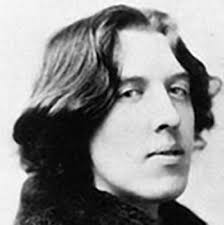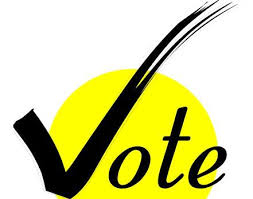
As of today, thanks to Republican Senators, 100,000 Ohioans will lose jobless benefits and have to resort to food stamps to feed their families. These guys (Republicans) were able to live with huge bank-bailouts, but just don't have the cajones to step up to the plate when their working-class constituents are in trouble. After all, the big banks and their lobbyists will provide huge campaign contributions, especially now that "their" Supreme Court has ruled that Goldman Sachs is a "person" and can influence elections with its millions.
History has demonstrated that, in a crisis, a government has to go to bat for the middle-class workers. Growth and recovery occur at that level, not at the level of the "Too-Big-To-Fail" good-old boys.
Unfortunately, "The Grand Old Party" has become beholden to and captive of the fanatical, one-issue conservative minority. History is replete with examples of great countries being destroyed by such political propositions. Hopefully, our country is not one of the victims!







